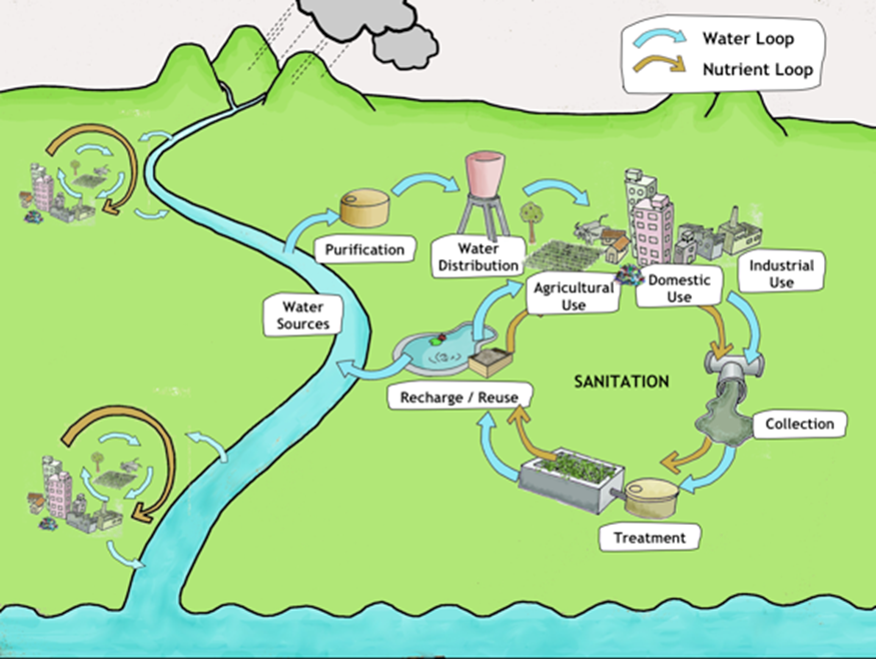Ouagadougou is increasingly experiencing the impacts of floods, notably in recent years (2009, 2013). Poor quality of urban infrastructure coupled with inadequate management (for example resulting in drains frequently blocked with solid waste and pit latrines which are not emptied prior the rainy season) result in major disease outbreaks during these extreme weather events.
Ouagadougou, like many African cities, suffers from poor urban planning, low levels of finance for operations and maintenance of essential sanitation systems and a prevalence of unplanned and poorly constructed infrastructure (Somda, 2006). The inclusion of future climate scenarios in sanitation and water services planning enables city managers to deliver services which are likely to be resilient over a 5-40 year timescale (with well-designed infrastructure expected to deliver benefits well beyond 40 years) improving the lives of thousands of poor and disadvantaged urban households.
This activity will enable planning of the entire sanitation value chain (from collection through to treatment/reuse and critical drainage and water supply interventions) which would optimise the benefit-cost of investments under future climate uncertainty.

